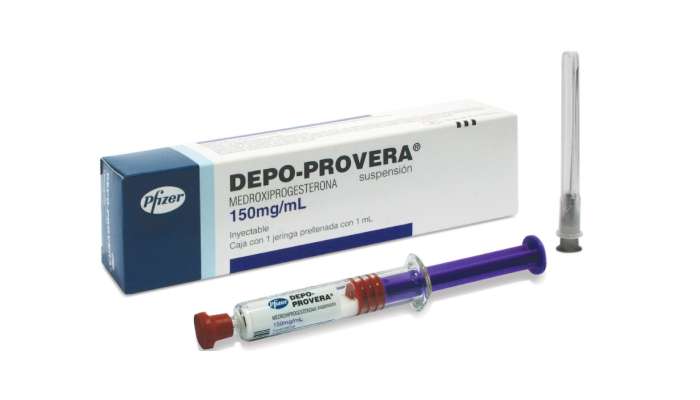Link Between Depo-Provera and Brain Tumors
The recent study published in the British Medical Journal has shed light on the increased risk of meningioma brain tumors associated with prolonged use of specific progestogen-based medications, such as Depo-Provera. The research team, led by experts from the French National Agency for Medicines and Health Products Safety, analyzed data from the French national healthcare system, identifying over 18,000 women who had undergone surgical removal of intracranial meningiomas between 2009 and 2018.
By comparing these cases to a control group of healthy individuals, the researchers found that prolonged use (defined as more than 12 months) of certain progestogen-based drugs was linked to a significantly increased risk of meningioma. The most alarming finding was the 5.6-fold increase in risk associated with the popular contraceptive injection, Depo-Provera.
It is important to note that while the study highlights a concerning trend, it does not establish a direct causal relationship between Depo-Provera and meningiomas. The researchers emphasize that their findings are observational in nature and cannot definitively prove that the medication causes brain tumors. However, the strength of the association warrants further investigation and increased awareness among healthcare providers and patients.


